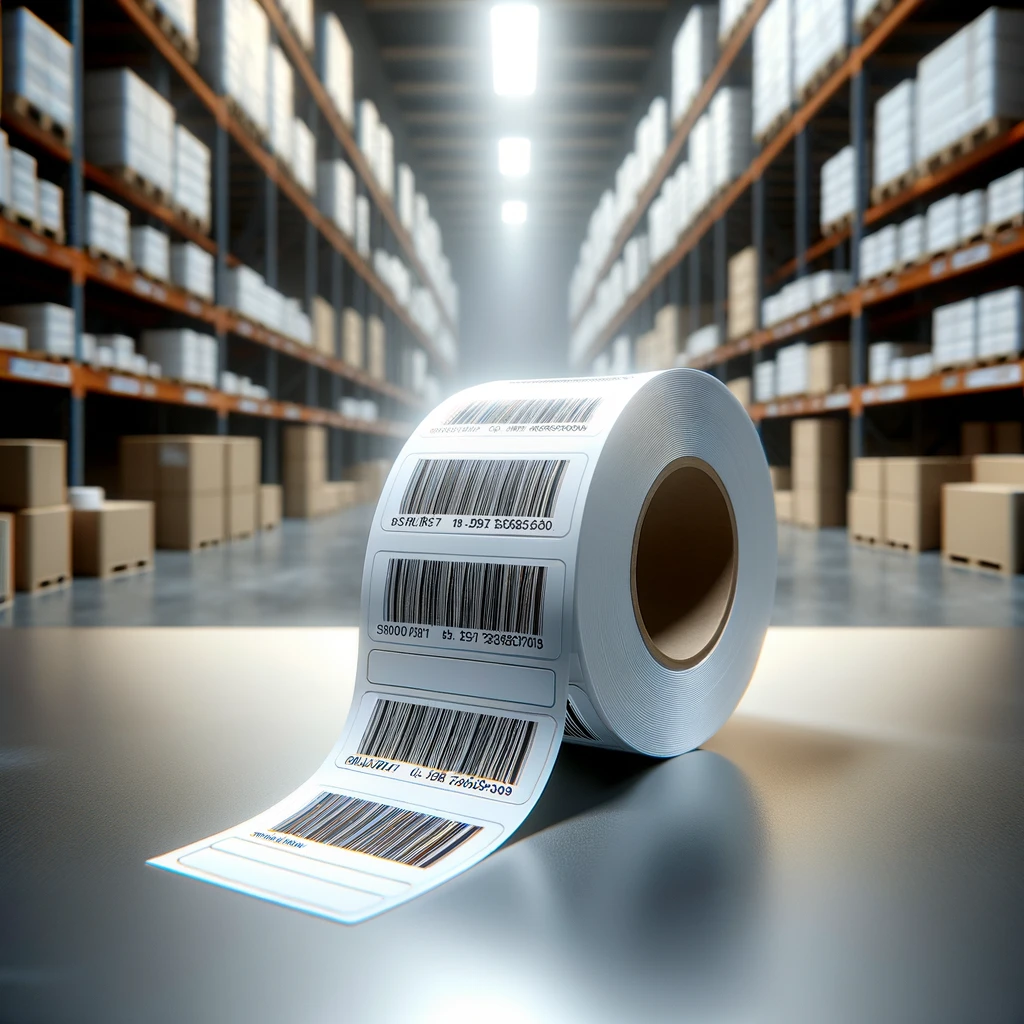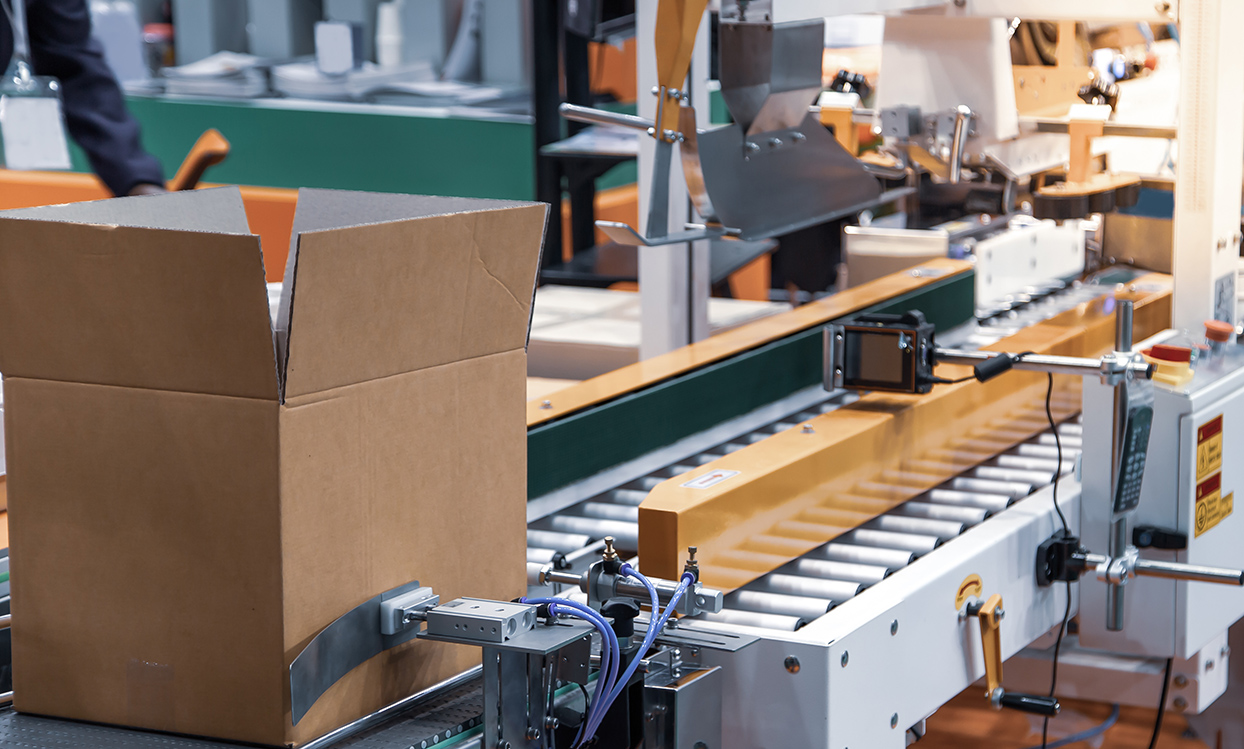The best barcode scanners of 2023 come with a variety of features catering to different business needs. Here’s a summary of some top picks based on various criteria:
- Zebra DS2200 Series: Rated as the best overall, the Zebra DS2200 is priced at around $103. It offers fast, omnidirectional scanning and can read both 1D and 2D barcodes. This model is particularly suitable for retail, hospitality, and transportation industries but has a short transmission range.
- NADAMOO Bur3003: Recognized as the best budget option, the NADAMOO Bur3003 is priced at about $35.99. It has a significant indoor transmission range of 328 ft and pairs easily with laptops for inventory management. It’s ideal for warehouses, libraries, retail, and delivery services, but it is only compatible with standard 1D barcodes.
- TaoTronics TT-BS030: Best for environments with low connectivity, this model is priced starting from $35.99. It offers easy setup and operation, scans up to 200 times/sec, and is ideal for warehouses, supermarkets, retail, and deliveries. However, it’s only compatible with standard 1D barcodes.
- Honeywell Granit 1910i: Rated as the best for warehouses, it starts at $199.95. This scanner is optimized for quick scanning in warehouse environments and can scan poor quality or damaged barcodes. Its sturdy design is a highlight, but it is relatively expensive for a single scanner.
- Symcode Omnidirectional: Best for retail, it starts from $79.99. It can process digital barcodes as well as label and paper barcodes from all directions and angles. However, it has a short transmission range and is designed to be stationary.
- AirTrack S2: Best for budget/value, this handheld, corded, general-purpose 2D scanner is priced at about $235. It’s known for its omnidirectional reading capabilities and is suitable for various applications including retail POS, hospitality POS, and warehouse inventory control.
- AirTrack S2-BT: Recognized as the best handheld scanner, it offers Bluetooth connectivity and is priced at around $488.80. It’s ideal for point of sale, shelf replenishment, goods receiving, inventory, and more.
- AirTrack SP2: The best pocket-sized scanner, priced at $395.90, is small enough to fit in a pocket and stores up to 10,000 scans. It is designed for retail and hospitality point of sale, inventory control, and other similar uses.
- AirTrack SR2: Rated as the best wireless barcode scanner, this model is priced at $615. It’s a lightweight, versatile wrist scanner that’s ideal for order picking, field inspections, inventory control, and other tasks requiring the use of both hands.
- Zebra DS3600: As the best overall scanner, priced at $519.00, it is designed for superior data capture and is suitable for various industries, including warehouse management, transportation and logistics, and more.
- Zebra DS9300: Best for retail stores, this scanner is known for its reliability and versatility, suitable for drug stores, restaurants, convenience stores, and similar retail environments.
- Datalogic Gryphon GFS4400: A premium level data collection device priced at $246.10, it is a fixed mount barcode reader suitable for OEM applications in various settings, including self-service kiosks, ticket readers, and medical laboratories.
Each of these scanners has unique features and strengths, making them suitable for different business needs and environments.

The fastest barcode scanners 2023
he fastest barcode scanners are typically evaluated based on their scanning speed, which is measured in scans per second. Based on the information from the lists of the best barcode scanners of 2023, here are three models known for their high scanning speed:
- TaoTronics TT-BS030: This barcode scanner stands out for its impressive scanning speed of up to 200 scans per second. This speed makes it highly efficient for use in environments like warehouses, supermarkets, retail, and deliveries, where quick scanning is crucial.
- Symcode Omnidirectional: This scanner is noted for its processing speed of up to 600 scans per second, which is particularly high. It’s ideal for retail settings, especially at checkout lines, where quick scanning is essential to maintain customer satisfaction and efficiency.
- AirTrack SR2: While the exact scanning speed is not specified, this wireless barcode scanner is highlighted for its superior scanning capability, indicating a high scan rate. It’s designed for tasks where both hands and quick scanning are necessary, such as order picking, field inspections, and inventory control.
These scanners are among the fastest available in the market as of 2023, making them suitable for high-volume and time-sensitive scanning tasks.

How do I choose a barcode scanner?
Choosing a barcode scanner involves considering several factors based on your specific needs and the environment in which you’ll use the scanner. Here are key considerations to help you select the right barcode scanner:
- Type of Barcodes to Scan:
- 1D Barcodes: If you only need to scan traditional, linear barcodes (like those on most retail products), a basic 1D scanner will suffice.
- 2D Barcodes: For scanning QR codes or other two-dimensional formats, you’ll need a 2D scanner.
- Scanning Environment:
- Retail: For point-of-sale systems, handheld or stationary scanners are common.
- Warehouse/Industrial: In these settings, you may need rugged, durable scanners that can withstand drops and harsh conditions.
- Healthcare: Scanners used in healthcare often require disinfectant-ready housings and may need to be compact for easy portability.
- Connectivity:
- Wired vs. Wireless: Wired scanners are typically more affordable and don’t require charging, but wireless scanners offer more mobility.
- Bluetooth: Ideal for mobility within a short range, allowing connectivity with tablets and smartphones.
- Wi-Fi: Best for larger areas where scanners need to connect over longer distances.
- Mobility and Portability:
- Handheld scanners are versatile and portable.
- Stationary scanners are fixed in position, commonly used in retail checkout environments.
- Wearable scanners are beneficial for tasks that require hands-free operation.
- Scanning Volume and Speed:
- High-volume environments like busy retail stores or warehouses might require scanners with faster scanning capabilities.
- For lower volume use, standard scanners might be adequate and more cost-effective.
- Ease of Use:
- Consider scanners that are easy to handle and operate, especially for environments where they will be used continuously.
- Features like an ergonomic design and simple button layout can reduce fatigue and increase efficiency.
- Durability:
- Industrial environments may require scanners that are rugged and can withstand drops, dust, and moisture.
- In less demanding environments, standard durability may be sufficient.
- Battery Life (for Wireless Scanners):
- Essential to consider if you choose a wireless model. Longer battery life reduces downtime for charging.
- Budget:
- Determine your budget as scanners range from very affordable to quite expensive based on features and durability.
- Balance cost with the features you truly need.
- Software Compatibility:
- Ensure the scanner is compatible with your current software systems.
- Some scanners come with software for inventory management or other functionalities.
- Additional Features:
- Some scanners offer extra features like batch memory (storing data for later transmission), integration with other systems, or the ability to scan damaged or poorly printed barcodes.
Understanding your specific requirements in these areas will help you choose the barcode scanner best suited to your needs. It’s also useful to read reviews and possibly test a few models before making a final decision.

